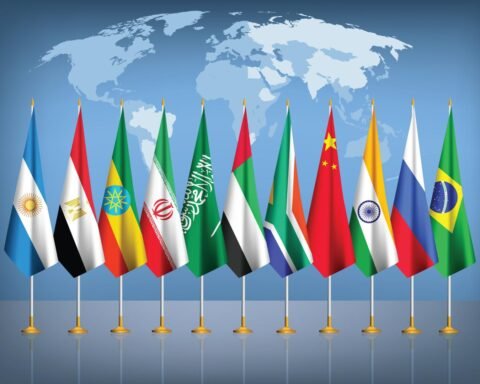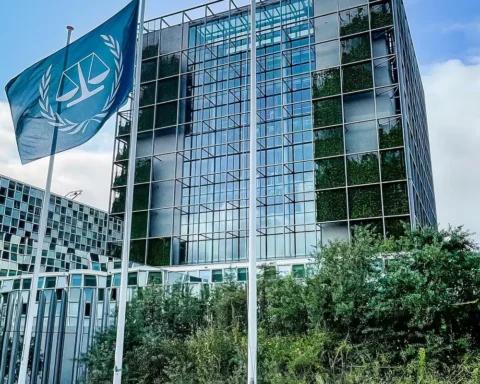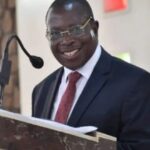The World Bank has officially approved funding for a critical 400-kilovolt (kV) electricity transmission line connecting Uganda and Tanzania, after completing a thorough environmental impact assessment confirming no significant ecological risks.
The announcement was made on July 23 by Dr. Rhonda Jordan, an energy specialist at the World Bank’s Tanzania office, during a meeting with Secretary-General of Tanzania’s Ministry of Energy, Mr. Felchesmi Mramba, in Dodoma.
Dr. Jordan said the World Bank’s Board of Executive Directors is now prepared to release funds that will enable the start of the long-delayed Uganda-Tanzania Electricity Interconnector project, which had previously stalled due to environmental concerns. This initiative forms a key part of East Africa’s energy integration efforts.
The World Bank also invited Tanzania to participate in the upcoming United Nations Climate Change Conference (COP28), scheduled for September in New York, highlighting Tanzania’s emerging role in regional and global energy dialogues.
Mr. Mramba expressed appreciation for the renewed World Bank support and reiterated Tanzania’s commitment to cooperation on major regional energy projects, including the Tanzania-Zambia Electricity Interconnector (TAZA) and other strategic initiatives aimed at improving the reliability and reach of electricity supply.
“The World Bank’s renewed trust empowers us to accelerate infrastructure development while maintaining high standards of environmental stewardship,” said Mramba.
This 400 kV line is expected to increase electricity exchange between Uganda and Tanzania, stabilizing the regional power grid operated by the East African Power Pool (EAPP). It is also projected to lower energy costs and improve power access for industries, homes, and public services.
Also Read; Lenacapavir Marks New Chapter in HIV Prevention
The World Bank’s approval followed a detailed social and environmental assessment, including consultations with affected communities and detailed habitat preservation plans. These safeguards aim to balance development needs with the protection of Tanzania’s rich biodiversity.
Dr. Jordan emphasized the Bank’s commitment to responsible financing that aligns with sustainable development goals, ensuring that infrastructure growth benefits local communities while preserving natural ecosystems.
This project aligns with wider efforts under the East African Community (EAC) to foster cross-border infrastructure development and economic integration. It also supports Tanzania’s national objectives outlined in the Tanzania Development Vision 2025 and its Energy Policy aiming to expand access to clean, affordable energy.
Participation in the upcoming UN Climate Summit will allow Tanzania to highlight its progress in renewable energy adoption, rural electrification programs, and public-private partnerships in the energy sector.
Beyond technical achievements, the interconnector represents hope for millions. Reliable power means better health services, education after sunset, and growth of small and medium enterprises critical to Tanzania’s economy.
Both Dr. Jordan and Mr. Mramba highlighted that this project exemplifies how international cooperation, sound governance, and environmental responsibility can come together to deliver meaningful improvements to people’s lives.







